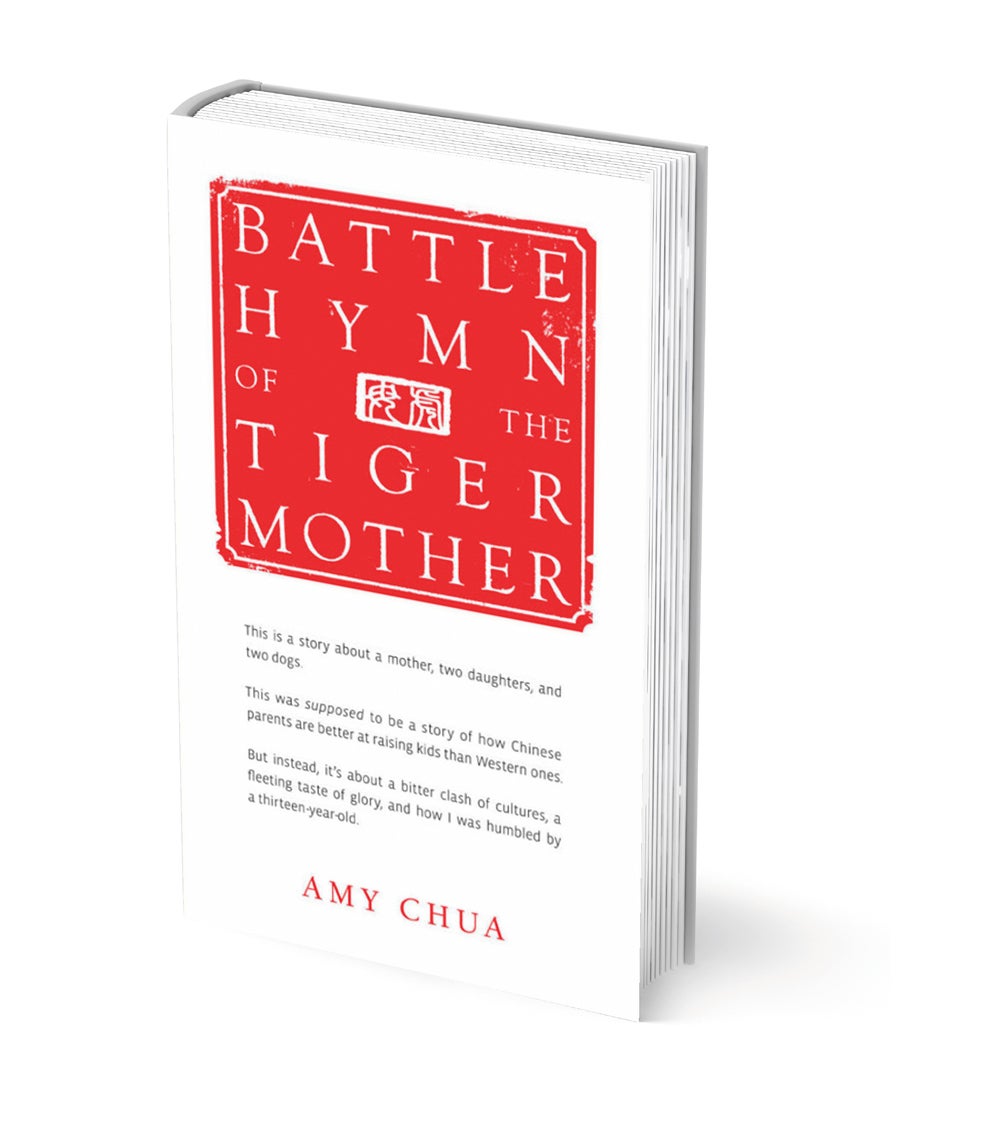 “Battle Hymn of the Tiger Mother” by Amy Chua ’87 (Penguin).The roar that accompanied the publication earlier this year of Chua’s memoir has resounded around the Internet, with seemingly everyone sharing an opinion—many vitriolic and some supportive—about the ultrastrict parenting techniques Chua espouses in the book.
“Battle Hymn of the Tiger Mother” by Amy Chua ’87 (Penguin).The roar that accompanied the publication earlier this year of Chua’s memoir has resounded around the Internet, with seemingly everyone sharing an opinion—many vitriolic and some supportive—about the ultrastrict parenting techniques Chua espouses in the book.
 “The Elusive Promise of Indigenous Development: Rights, Culture, Strategy” byKaren Engle ’89 (Duke University Press). This exploration of indigenous movements in the Americas since the 1970s focuses on how they have interacted with and participated in the creation of international law.
“The Elusive Promise of Indigenous Development: Rights, Culture, Strategy” byKaren Engle ’89 (Duke University Press). This exploration of indigenous movements in the Americas since the 1970s focuses on how they have interacted with and participated in the creation of international law.

“King of Capital: The Remarkable Rise, Fall, and Rise Again of Steve Schwarzman and Blackstone” by John E. Morris ’83 and David Carey (Crown Business). The authors, both financial journalists, examine how the private equity firm Blackstone survived the financial meltdown and emerged as a force on Wall Street. They also consider whether private equity firms do more harm than good to the companies they own.
 “Page One: A Year Inside the New York Times” by Andrew Rossi ’98. This documentary, filmed in the Times’ newsroom during a year of layoffs, when WikiLeaks was becoming a major player, explores the print media’s struggles to survive in the age of the Internet. The film debuted at the 2011 Sundance Film Festival and will be released in theaters later this year.
“Page One: A Year Inside the New York Times” by Andrew Rossi ’98. This documentary, filmed in the Times’ newsroom during a year of layoffs, when WikiLeaks was becoming a major player, explores the print media’s struggles to survive in the age of the Internet. The film debuted at the 2011 Sundance Film Festival and will be released in theaters later this year.

“The Living Constitution” by David A. Strauss ’78 (Oxford University Press). Strauss, a professor at the University of Chicago Law School, examines the process of constitutional interpretation and rebuts the idea of an unchanging, static Constitution. Contrasting his theory with the claims of “originalists,” Strauss argues that the Constitution can evolve, as it is shaped by the judicial decisions and legal and social demands of each generation.
 “Figures of Speech: First Amendment Heroes and Villains” by William Bennett Turner ’63 (PoliPointPress). Turner looks back at individuals—including Communists, Jehovah’s Witnesses, Ku Klux Klansmen, prison wardens, federal judges, pornographers and even James Madison—who played a role in the cases that have developed our modern understanding of the First Amendment.
“Figures of Speech: First Amendment Heroes and Villains” by William Bennett Turner ’63 (PoliPointPress). Turner looks back at individuals—including Communists, Jehovah’s Witnesses, Ku Klux Klansmen, prison wardens, federal judges, pornographers and even James Madison—who played a role in the cases that have developed our modern understanding of the First Amendment.
View More
Innovation and consolidation
“The Master Switch: The Rise and Fall of Information Empires” by Tim Wu ’98 (Alfred A. Knopf). Wu’s book explores how forms of information exchange developed during the 20th century—from telephone to radio and film—were born out of individual innovation and eventually consolidated into industries controlled by moguls and corporate empires.

In a history that includes portrayals of industry players such as AT&T’s Theodore Vail, Wu considers whether this pattern will be the fate of the Internet as well, putting a single power in control of “the master switch.”
A professor at Columbia Law School, Wu was a visiting professor at HLS this past year. He recently became the senior adviser to the Federal Trade Commission for consumer protection and competition issues that affect the Internet and mobile markets.
Watch Wu discuss his book at an event sponsored by the HLS Berkman Center for Internet & Society.
